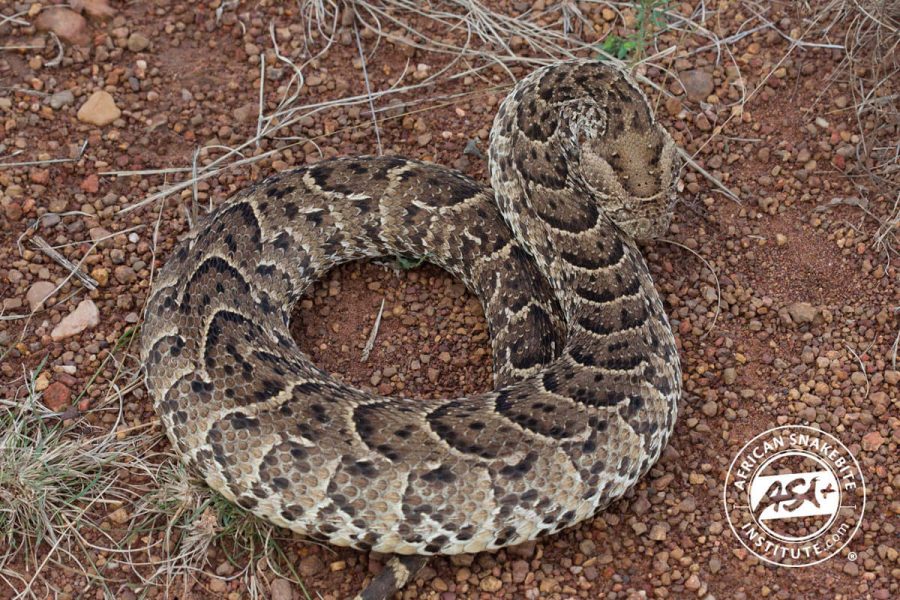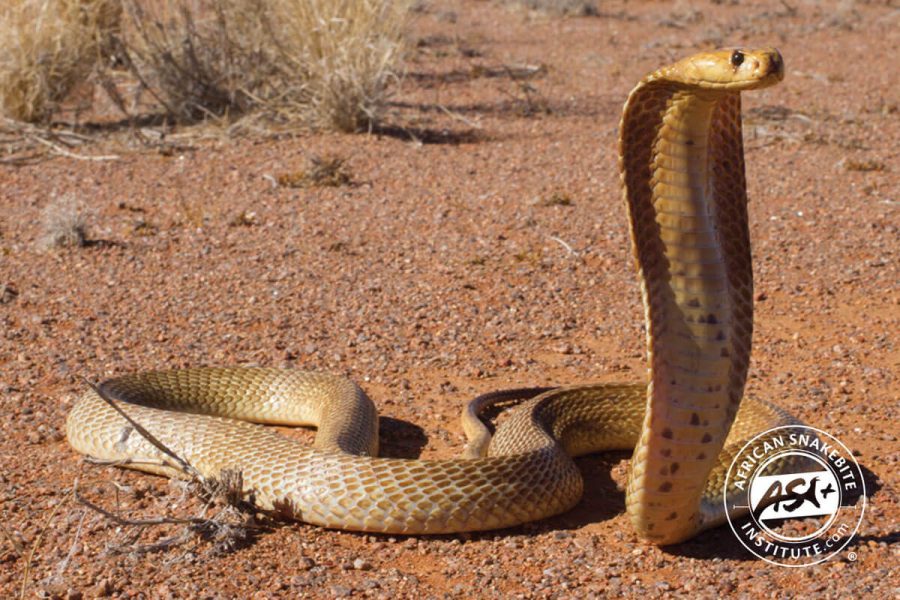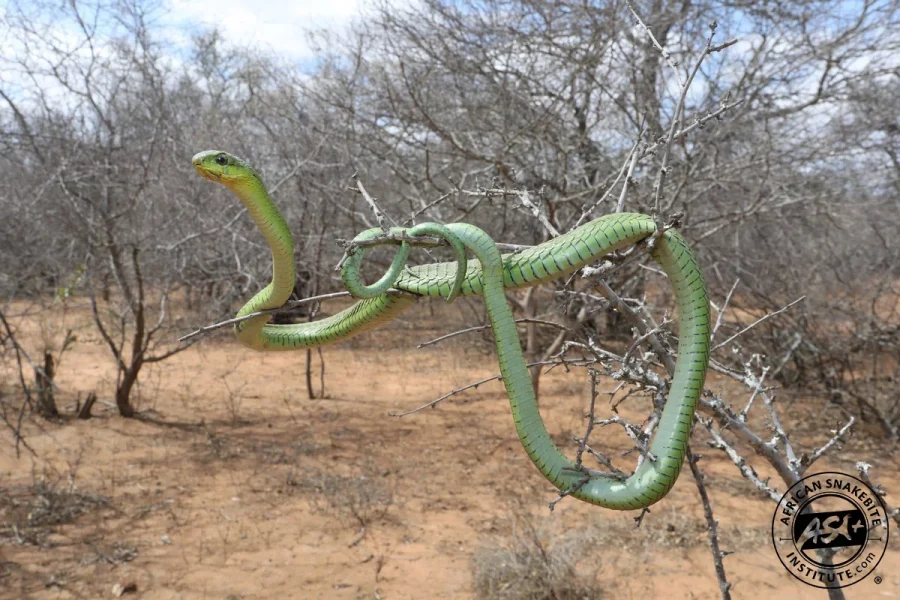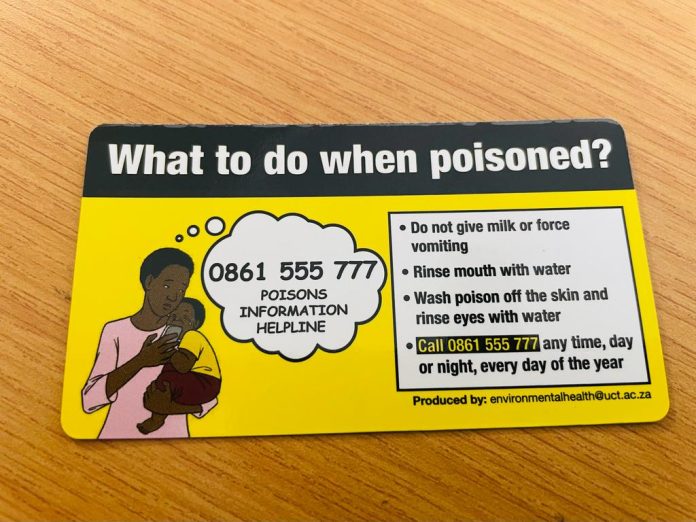The Poisons Information Centre at the Red Cross War Memorial Children’s Hospital says it’s already seen an increase in snakebite-related calls.
Snakebite season typically runs from October to April, the warmer months of the year when snakes are most active. What many may not know is that South Africa only has three poisons centres; two in Cape Town (Red Cross War Memorial Children’s Hospital and Tygerberg Hospital) and another situated in Bloemfontein.
Dr Stephen says it’s important to be aware that snakes around, and that not all are venomous. pic.twitter.com/2QnQaIQeww
— Smile90.4 FM (@Smile904FM) October 18, 2023
The two Cape-Town-based poison centres combined their service in 2015 to create the poisons information helpline.
The director of the poisons centre at Red Cross War Memorial Children’s Hospital is Dr Cindy Stephen – a medical practitioner with a wealth of experience which dates back to 1983. She has been working at the facility since 2015.
BE AWARE
Stephen has shared what she feels the public should be cognizant of:
“What people really need to be conscious of is that snakes are there. So, if one is walking through the veld or the fynbos, be conscious that there will be snakes around. It’s important to wear socks and shoes, particularly children. Remember children are the most vulnerable to all poisonings including snake bites and scorpion stings.”
She says her poisons helpline receives an average of 900 calls monthly during the quiet winter months, while an average of 1 200 calls are received monthly during the summer season.

“It is very busy. We have a team that covers the poisons helpline during the day. That team comes from the two poisons centres; at Red Cross War Memorial Children’s Hospital and Tygerberg Hospital. After hours, again, the same staff cover some of that service, about 60% of the service. But the remaining 40% is covered by locums. Although we would love the Western Cape Department of Health and Wellness to cover that portion as well, they do cover all of our salaries for the day time. We’ve recently been relying on Gift of the Givers who’ve wonderfully been donating funds to keep our service working 24/7.”
Unfortunately, the funds are drying up and if the service does not receive donations, the helpline will shut down at the end of November, placing residents at great risk especially with summer looming.
Dr Stephen says members of the public who wish to pledge a donation can do so by donating to aid organization Gift of the Givers.
She says there are bites from three particular snakes the facility deals with the most:

“In the Cape area, there are three that we are concerned about; one being the Cape Cobra which causes paralysis. The danger here is that a patient will start to become drowsy, weak, and eventually stop breathing. They need their breathing supported so you can apply mouth-to-mouth, to keep the patient alive until they get to the hospital. The second one which is very common is the Puff Adder. Puff Adders cause a lot of pain and swelling. The third snake is the Boomslang. They can cause bleeding. They’re quite shy so we don’t have many bites from them, but they are around.”
DO’S AND DON’TS WHEN YOU ENCOUNTER A SNAKE
– When you come across a snake, stop immediately and slowly retreat
– No sudden movements. A quick movement could cause a snake to strike in defense
– If you’ve been bitten, try to stay as calm as possible. It’s important to be still so that the venom does not get absorbed too quickly. Don’t run to your car. Go slowly or carry the affected person
– The most important of all is to get to a hospital. Any emergency facility will be able to assist with the initial care

Despite the fear of snakes at this time of the year, Dr Stephen emphasizes that her poisons centre does not only deal with calls related to serpents.
“During these busy summer months, it is not only about snakes. The snakes, scorpions and of course the marine stings account for only about 5% of our calls. Half of our calls are about medication – children accidentally coming across medication that hasn’t been put away, people who intentionally take medication or overdose. Half of our calls are about overdose in one form or another. Pesticides account for about 13% of our calls.”
Dr Stephen remains hopeful that the emergency helpline will receive the funding it needs, so that she and her colleagues can continue to assist those in need.
READ MORE: Critical antivenom shortage in SA


